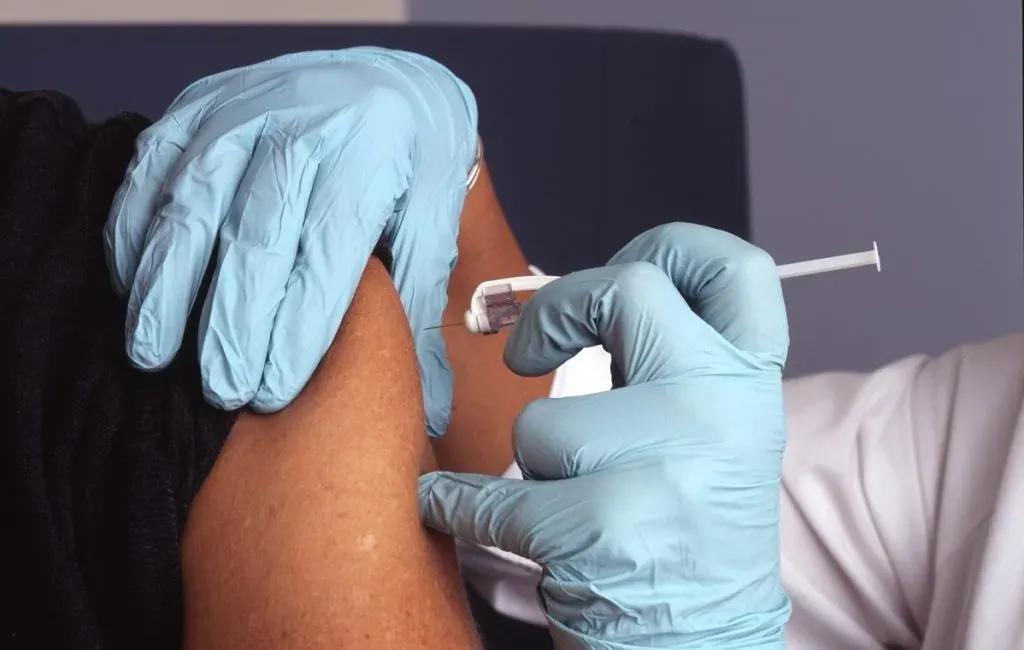During recruitment processes in many Nigerian companies, it’s common for applicants to be referred for a pre-employment medical test. Recruiters often send candidates to specific laboratories or hospitals for these checks before a final hiring decision is made.
This pre-employment medical test involves a series of health screenings designed to ascertain your overall health status and fitness for a specific role. It helps confirm if any underlying condition might hinder your ability to perform job duties safely and effectively.
This medical exam for job applicants typically includes various checks, from blood screenings and vital checks to sometimes more specific tests like scans or vision tests.
Why Do Nigerian Companies Require a Pre-Employment Medical Test?
Companies mandate these pre-employment tests for several key reasons:
- To identify any health conditions that might significantly affect job performance or safety.
- To determine a candidate’s physical suitability for specific job requirements (e.g., roles involving heavy lifting, night driving, or exposure to certain environments).
- For workplace safety and transparency, helping companies make informed decisions about accommodations or adhering to health policies.
- To assist in managing potential health emergencies and risks within the workplace.
- To establish a baseline health record for future reference if needed, sometimes related to health insurance coverage.
Common Types of Pre-Employment Medical Test Checks
While the exact components can vary, here are common screenings included in a typical pre-employment medical test in Nigeria;
- Kidney Function Test
- Purpose: Assess how well your kidneys are filtering waste from your blood. This is a standard part of many pre-employment medical test protocols.
- Common Checks: Urinalysis (checking for protein/blood), Serum Creatinine (checking for waste buildup), GFR Estimate (filtering effectiveness), Blood Urea Nitrogen (checking waste byproduct levels).
- Relevance: Important for roles restricting access to water/restrooms or in hot environments (factories, refineries) that can strain kidney function.
- Cardiovascular Examination
- Purpose: This screening, often included in a pre-employment test, assesses heart and blood vessel health.
- Common Checks: Blood pressure, full blood count, pulse rate, basic heart checks.
- Relevance: Cardiovascular health can influence suitability for high-stress roles or jobs with significant physical demands.
- Tuberculosis (TB) Test
- Purpose: Screens for TB infection. Given its contagious nature (especially active TB), this test is crucial for protecting workplace health.
- Details: TB primarily affects the lungs but can impact other organs. Testing helps identify active, contagious cases.
- Hepatitis B & C Screening
- Purpose: Detects Hepatitis B and C viruses, which affect liver function and can be transmitted.
- Relevance: Included in many pre-hire medical screening processes to prevent workplace transmission, especially in certain industries.
- HIV Screening
- Purpose: Detects the Human Immunodeficiency Virus.
- Relevance: While mandatory testing for hiring is often discouraged due to ethical considerations and potential discrimination, some roles (especially those requiring significant physical exertion or involving specific health risks) might include it as part of a broader health assessment.
- COVID-19 Test (Context-Dependent)
- Purpose: Checks for active COVID-19 infection, particularly relevant during outbreaks or for specific roles/travel requirements.
- Details: Usually a rapid antigen test.
Additional Checks in a Pre-Employment Medical Exam
Depending on the company and job role, your job medical test might also include:
- Drug Screening: Checks for the presence of illicit substances or specific prescription drugs.
- Audiometry: Hearing tests are important for roles in noisy environments or requiring acute hearing.
- Spirometry: Lung function tests, relevant for physically demanding jobs or exposure to respiratory irritants.
- Functional/Physical Assessment: Tests endurance, strength, and agility (common for military, and emergency services).
- Vision Check: Assesses visual acuity and identifies potential eye conditions critical for specific tasks (e.g., driving, detailed technical work).
- X-ray Scans: Chest or spine X-rays might be requested to assess physiological fitness, particularly by government agencies or the military.
Routine Procedure, Not Cause for Alarm
Generally, undergoing a pre-employment medical test is a standard procedure for many major companies, startups, and government agencies in Nigeria. These tests help manage workplace health and safety and sometimes inform health insurance provisions.
So, if you’re asked to complete a medical examination form during recruitment, don’t be alarmed. It’s often a routine step. Some companies may also conduct periodic medical checks after hiring.
Need to complete your pre-employment medical test quickly and conveniently? Healthtracka offers seamless at-home sample collection for many required screenings. You can reach out to us; we’ll help make the process easy and fast.




